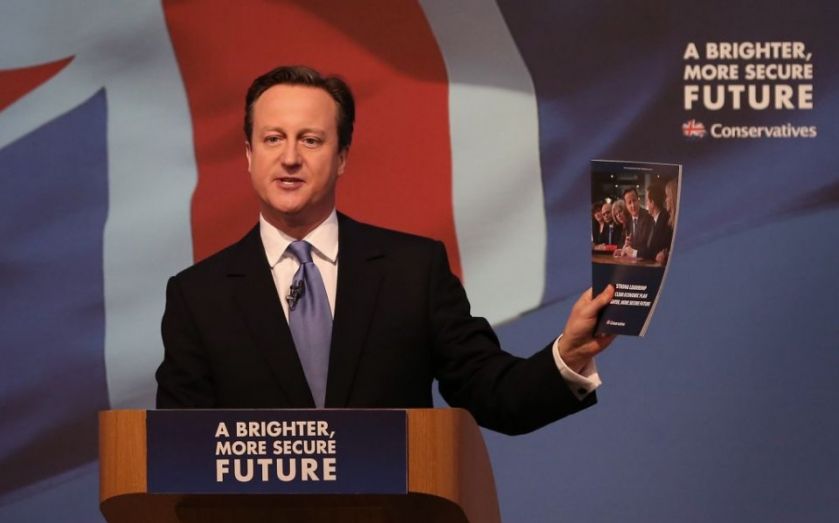Private investors could swing the election – but parties are offering nothing

The manifestos have finally been published and we now know what each party is promising. Unfortunately, not one seems to be listening to the voices of personal investors.
According to Platforum’s latest Direct to Consumer research, there is now £132bn invested on direct to consumer investment platforms by some 5.8m active investors. This is a vital group that politicians should be appealing to. In a recent survey by The Share Centre, 84 per cent of personal investors said that the government was not doing enough to support them – politicians may think increased Isa allowances and pension freedoms hit the mark, but this group remains unhappy with the level of support on offer.
Critically, given the close polls, 57 per cent said their vote could be swayed by a party demonstrating that it was more sympathetic to their needs. There is electoral advantage to be gained from listening to personal investors.
In The Share Centre’s research, personal investors’ top three demands were all about fairness: a simplification of the tax system (cited by 68 per cent of respondents), with a sense that an overly complex system allows those with fancy advisers and deep pockets to gain an advantage at the expense of the ordinary person; a reduction in the tax on pension income (61 per cent); and a reduction in inheritance tax (58 per cent). This latter point talks to a sense of injustice. When saving out of taxed income, why should you be penalised further when you leave the fruits of your prudence to the next generation?
Simplification of the tax system is not on any party’s agenda. Indeed, the introduction of new income tax bands proposed by Labour and Ukip, and mansion taxes proposed by Labour and the Lib Dems, appear likely to increase complexity.
Inheritance tax reductions are one area where there is some hope. The Conservatives have promised an increased threshold (albeit largely designed to exempt the family home), and Ukip is committed to abolishing it.
Pension income would benefit from the increased income tax thresholds proposed by the Conservatives, Liberal Democrats and Ukip. These increases in tax thresholds are pitched as helping low-paid workers rather than pensioners – the language parties use needs to change to address this group directly. Policies such as the wealth tax and financial services transaction tax proposed by the Greens seem diametrically opposed to what personal investors are demanding.
In short, there is little in any of the manifestos to really appeal to personal investors and persuade them to cast their votes decisively in a particular direction. It’s time all parties shifted their attention towards deliverable promises that directly address the needs of this sizeable part of the electorate.
Investing for your future and that of your family is a virtue that should be lauded. Those responsible enough to save should be listened to and rewarded. If politicians heed the views of personal investors ahead of a tight General Election, there is electoral gain to be had, and they would be backing a group which is doing more than most to support the recovery of the UK economy.
This is because the real driver of a brighter future will be continued growth, and the key to achieving that is supporting small and medium-sized businesses that will create jobs. To thrive, those businesses need capital. Personal investors, acting on a self-select basis, have a real appetite for understanding smaller companies and investing in them. Evidence abounds, whether on the Aim market, which accounts for about 25 per cent of the deals done by our customers, in private equity opportunities and the rise of crowdfunding platforms, or in the success of the Enterprise Investment Scheme tax reliefs that encourage investments into earlier stage businesses.
[custom id=”1″]